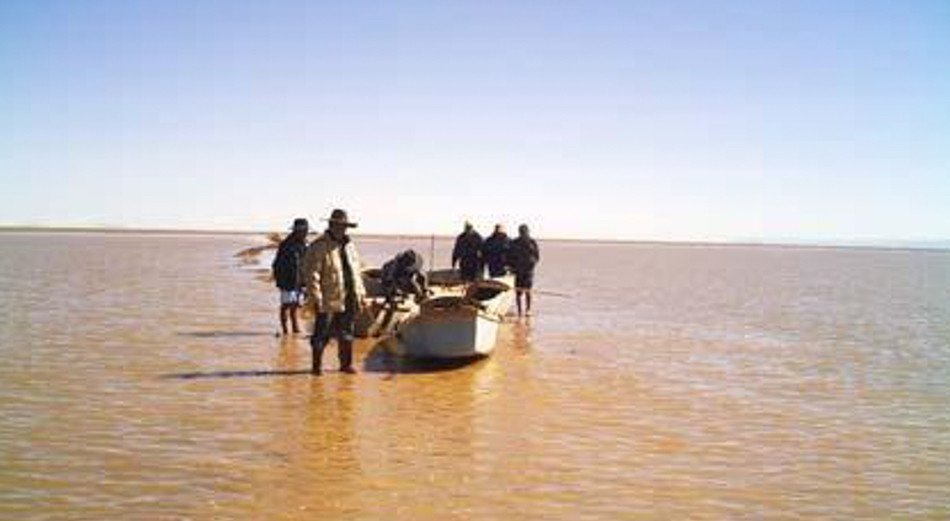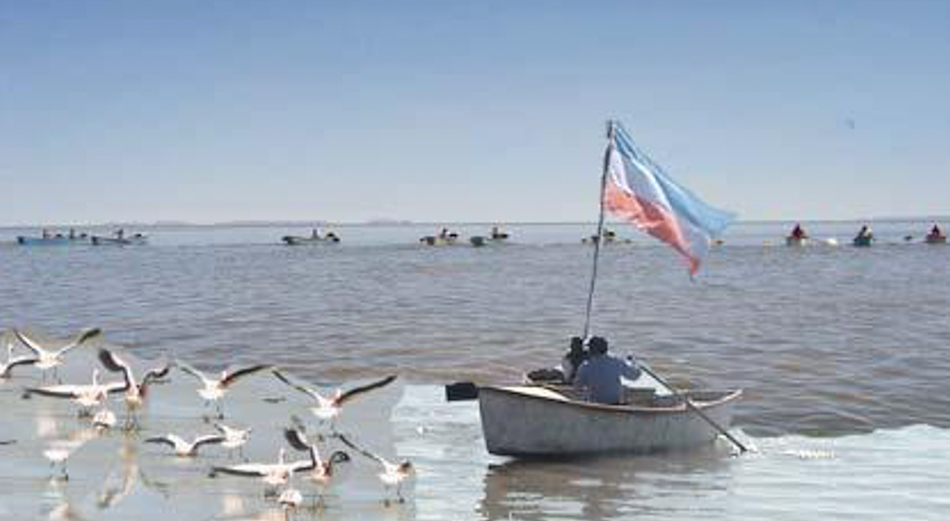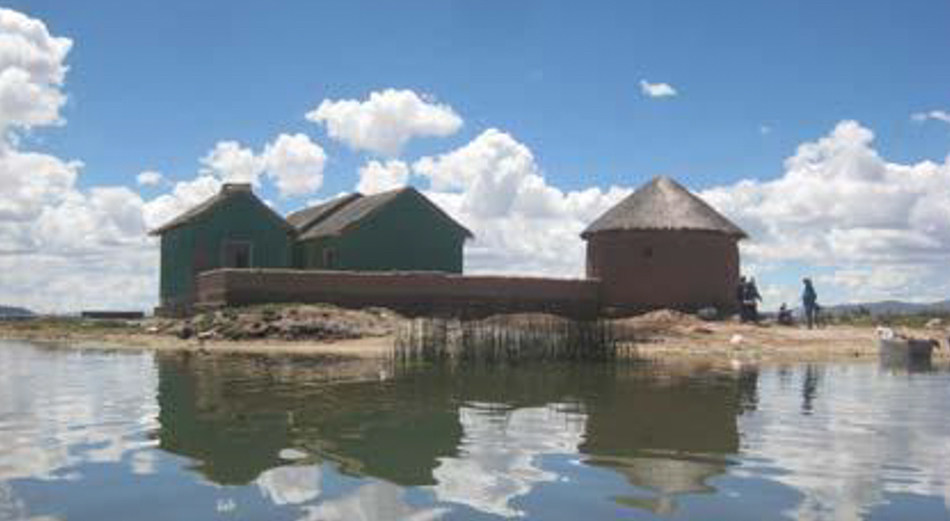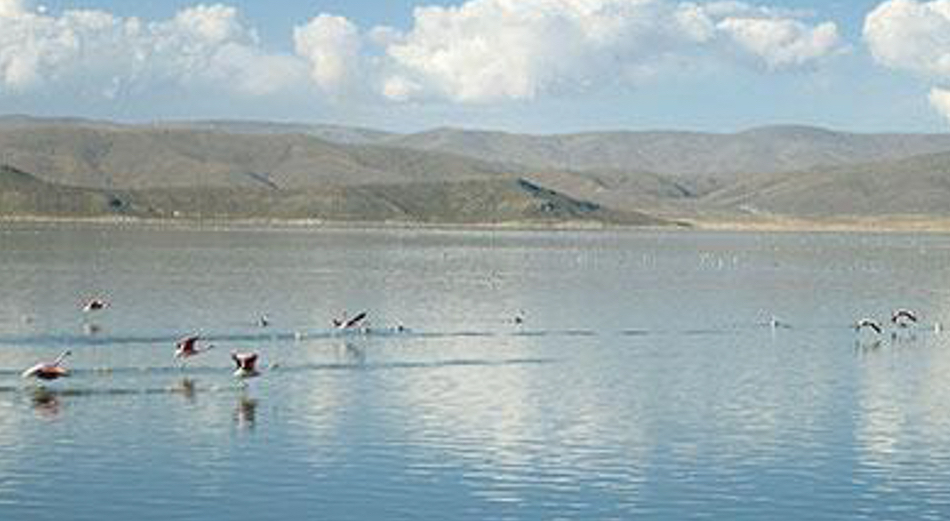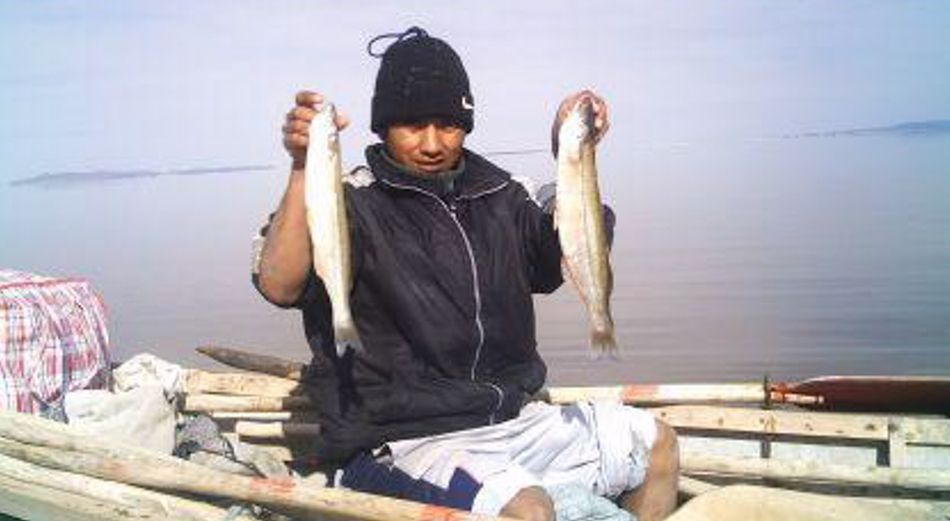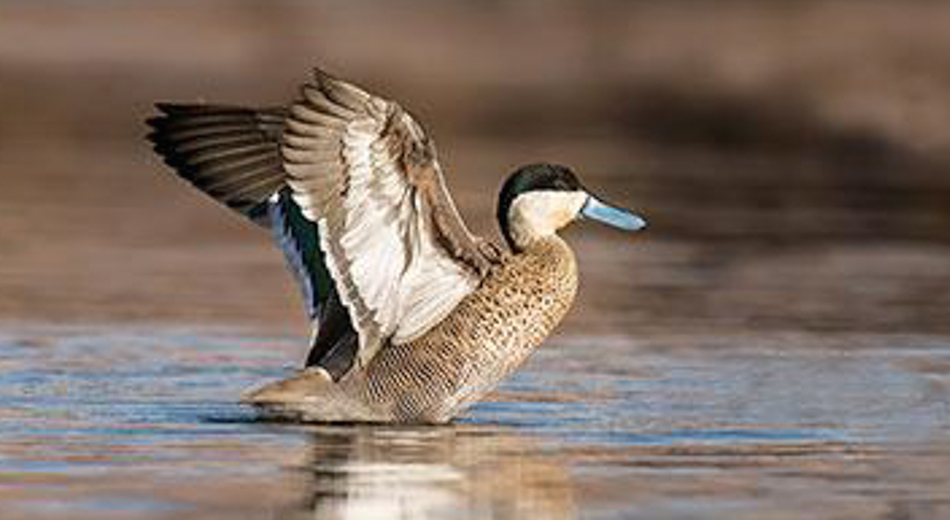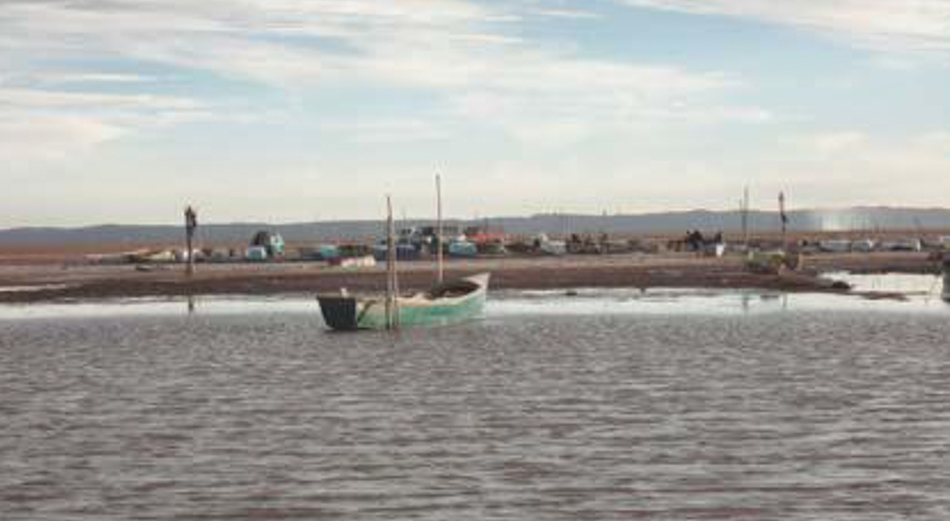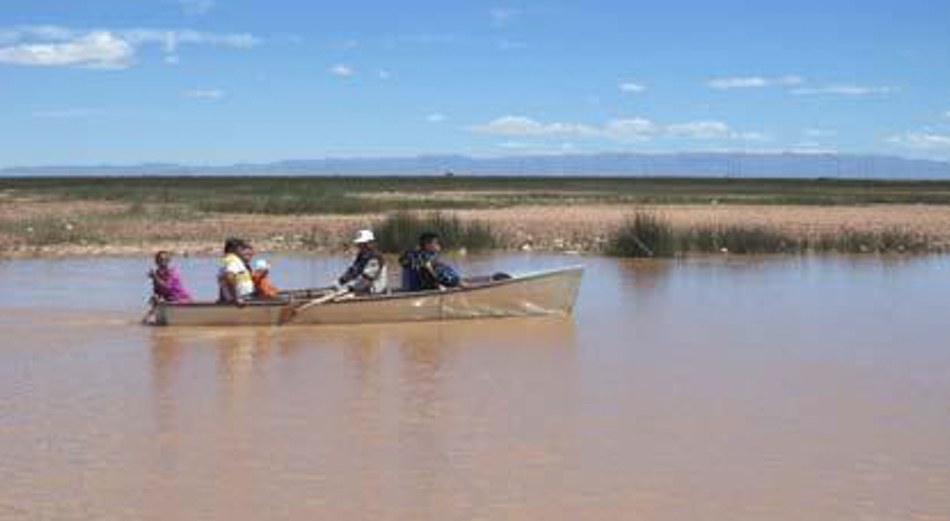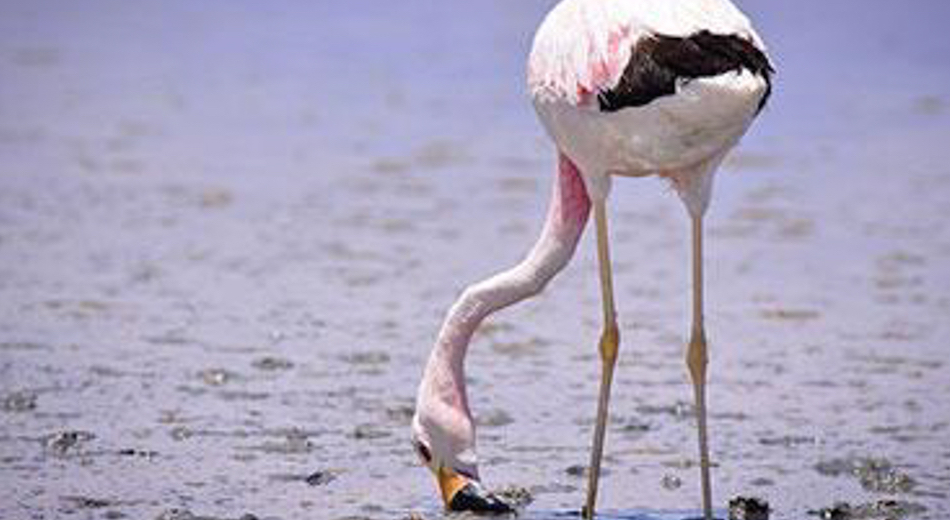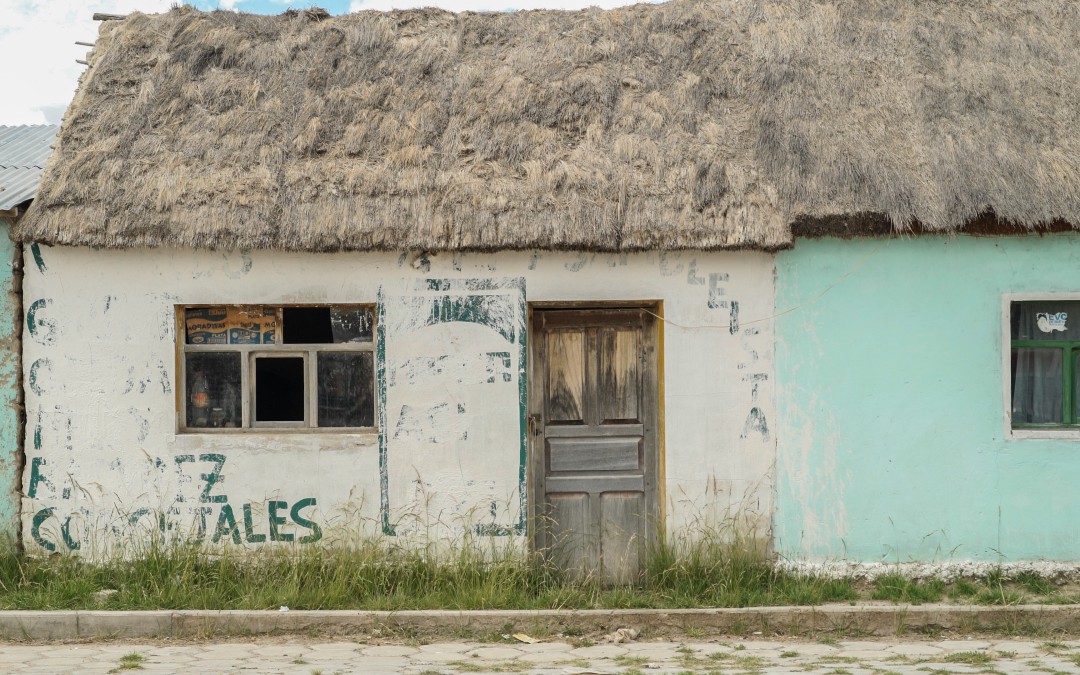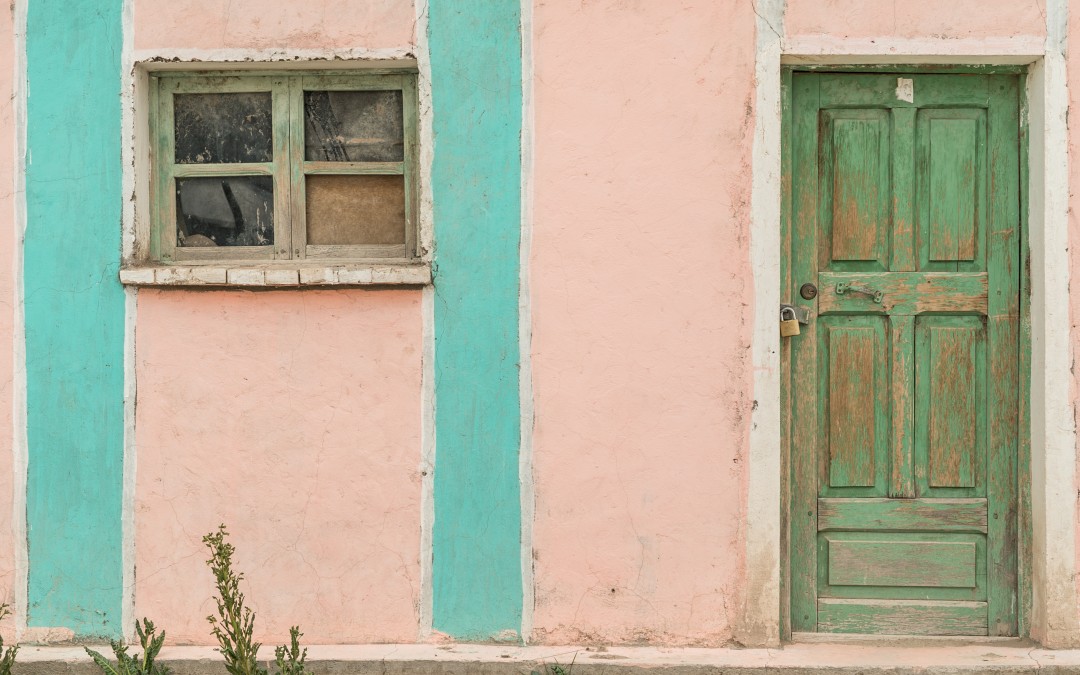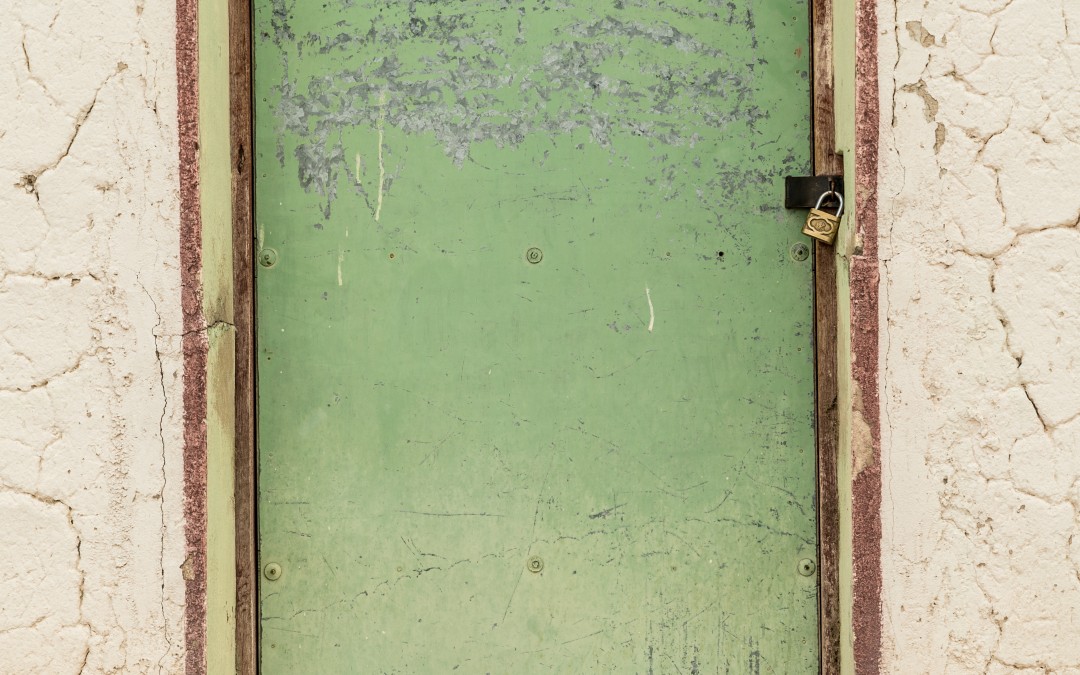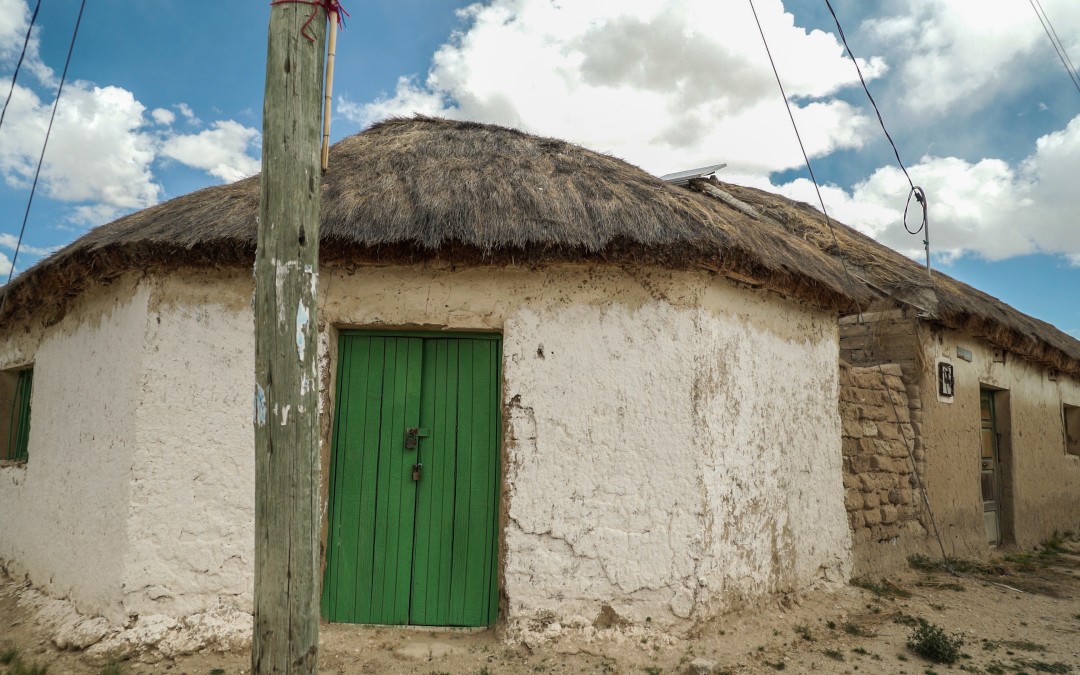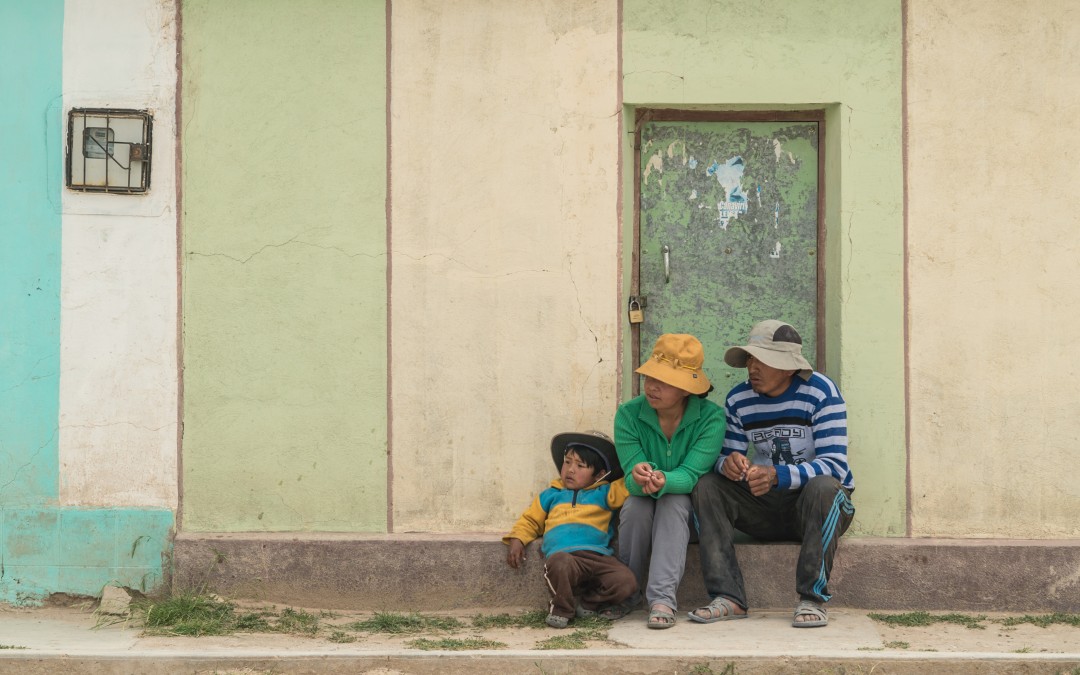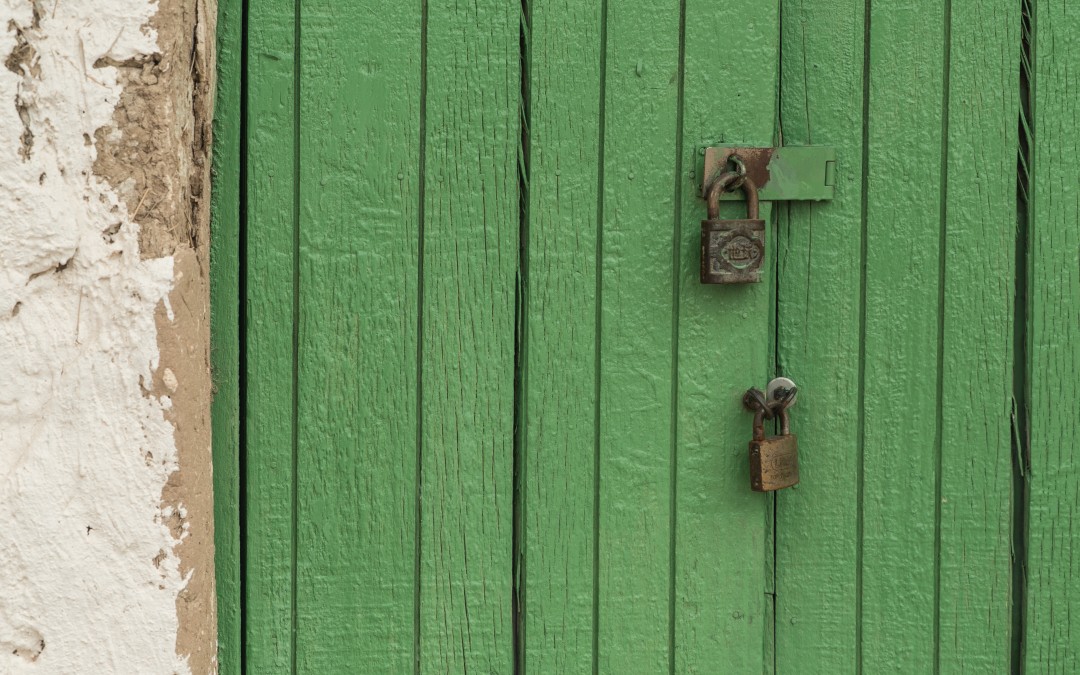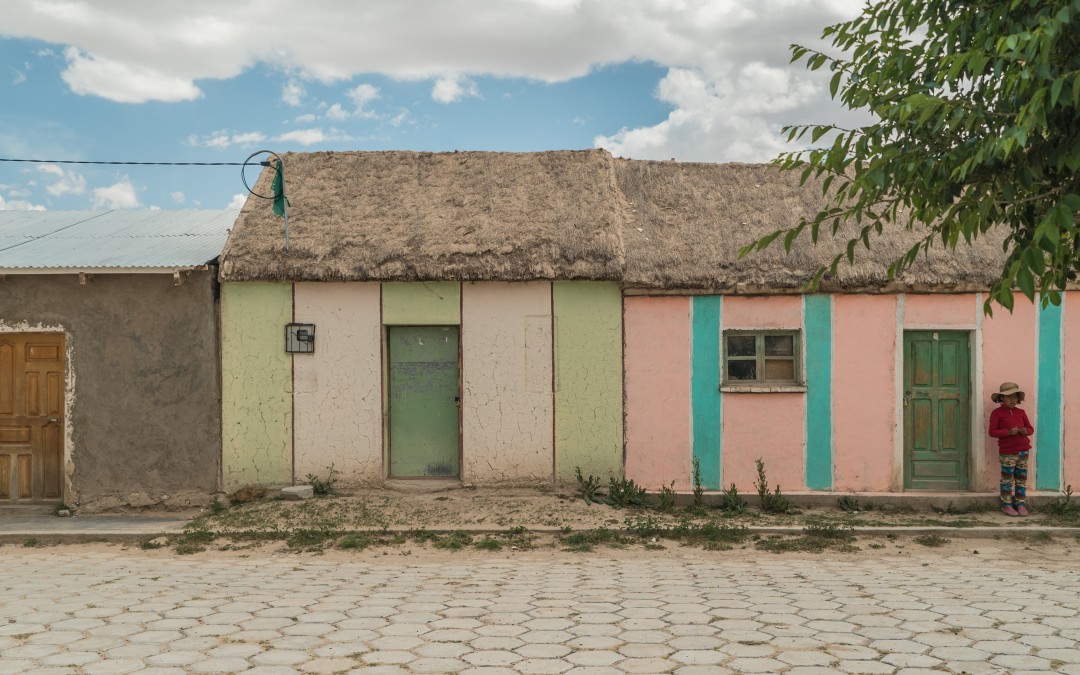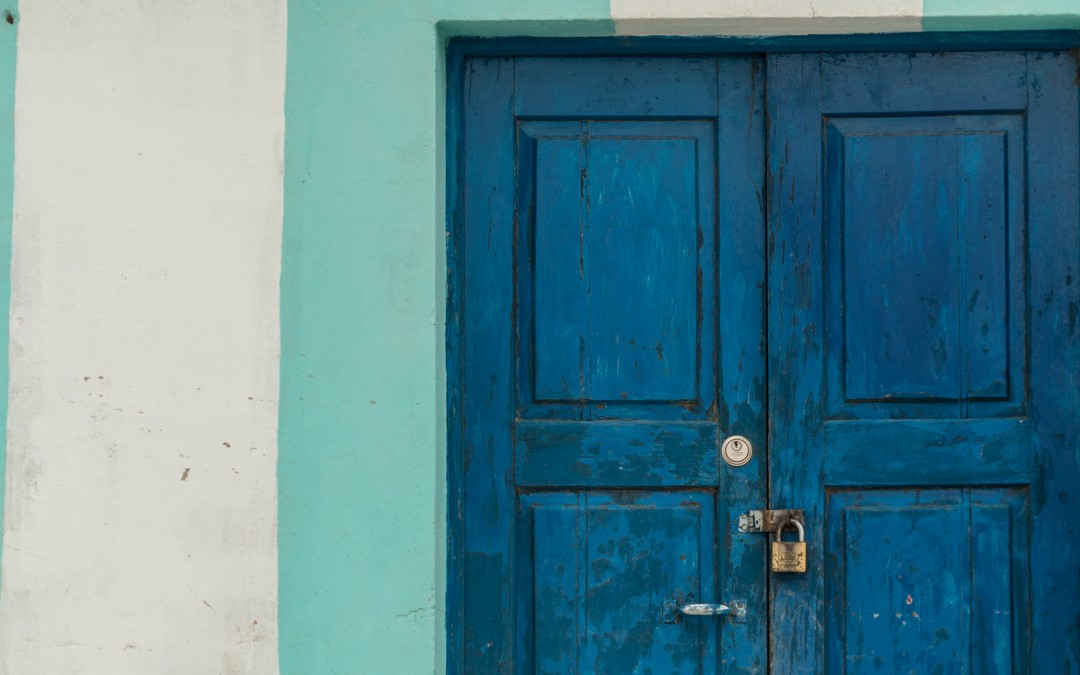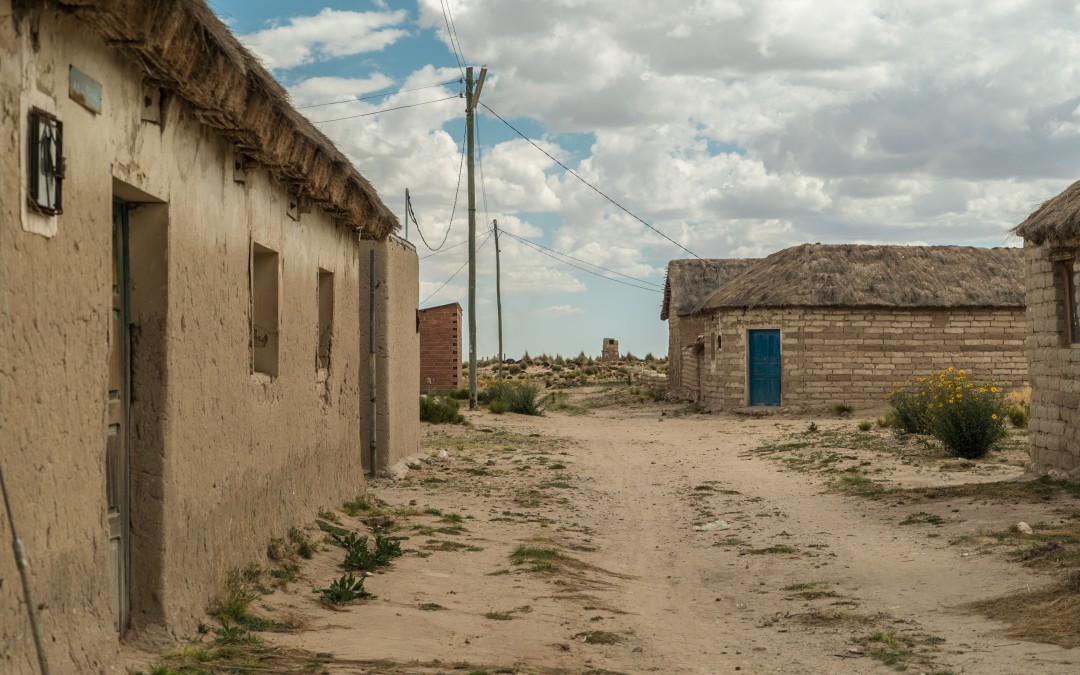The man who denounced a lake’s disappearance
The first thing Valerio Rojas Flores does as he awakens each morning is to look out at the deep blue sky of the Altiplano trying to make out some sign that might foretell a rainstorm. But there’s nothing there. It’s the beginning of February and not a drop of rain has fallen in several months. Even though this is now the rainy season. The lack of precipitation coincides with the disappearance of Lake Poopó, the second largest in Bolivia.
“There is no rain and the lake remains the same. It’s a desert. Nothing more than a desert,” laments this short-statured 55-year-old Aymara man, his skin weather-beaten by five decades of dedication to fishing on a lake that no longer exists.
Don Valerio leans against his blue boat made of wood and corrugated metal, deteriorated by the disuse, the relentless sun and the wind that whips across this high plateau amidst the Bolivian Andes, at an altitude of more than 11,700 feet.
“Ever since I was a child, this is the first time I’ve seen the lake completely dry,” the man states, as he tries to find a rational explanation for this phenomenon that turns out to be for his wife, Cristina Mamani Choque, as painful as the loss of a loved one.
“Our situation at this time is sad. Sometimes I feel like crying. I feel sad and weep for this lake that used to be our livelihood. The lake was like a father, like a mother,” says the 42-year-old woman between sobs.
For the Aymaras of Untavi, the village where Don Valerio, Doña Cristina and their four children have spent their entire lives, the disappearance of Lake Poopó means the loss of their daily sustenance. At this time of the year, Don Valerio would normally be devoting his time to gathering Andean flamingo eggs, which his family would then eat or sell. But this time, the birds, which migrate from Chile each year, have not found the lake where they used to feed and have continued on their way north in search of a new area for laying their eggs.
Likewise, for more than a year, their neighbors haven’t been able to fish for pejerrey (Odontesthes bonariensesis), karachi (Orestias albus), mauri (Trichomycterus dispar), or tout, which are the species that once enriched their diet and which they sold at cities such as Oruro, Cochabamba or La Paz. And the ducks, whose meat and eggs were much coveted in the area, have vanished along with the lake.
For that reason, late in 2015, Don Valerio approached the editors of La Patria, the local newspaper in the city of Oruro, to report that Lake Poopó had disappeared. This was not the first time the alarms were sounded by this man, who at the time was the leader of his community and had already knocked at the doors of various authorities in the local jurisdiction without much success.
At the daily, they first did not believe what he was telling them, so they decided to organize two simultaneous expeditions to the area: one by land and the other by air. And they proved that Don Valerio was right.
“We weren’t expecting to find a tragedy of this size,” states Marcelo Miralles, the administrator of La Patria, and the person who led the air mission.
Miralles, a retired pilot who continues to fly using a light aircraft he built himself, could not believe what he was seeing: the lake he had flown over so many times when he worked for a commercial airline no longer existed and all that was left were three small pools covering less than half a square mile.
But the images he captured from his plane, and which showed that what had once been a lake that occupied a surface of almost 30 thousand hectares (approximately 1,158 square miles) had become a desert, were seen around the world. The headlines themselves took care of making official the death of Lake Poopó, something experts say is due to the lake’s regressive cycle, added a series of factors such as the diversion of water for agricultural use, pollution from mining activity and climate change.
But the final deathblow took had already taken place months earlier. The residents all agree it was on November 18, 2014. The recount of what had happened that day is almost like a Biblical narrative. The people of Untavi speak of a hurricane force wind that blew the waters to one side and caused thousands of dead fish to appear on the shores of Lake Poopó on the following day.
“There were no longer any fish! We have cried in vain from not seeing any more pejerrey!” recalls Doña Cristina.
“Afterwards we thought: ‘the lake will return, it will come back.’ Some living thing will come in and reproduce, let’s wait and see. But last year it didn’t rain either, and we haven’t caught anything ever since.” And it wasn’t just the fish that disappeared. What was once a lake is now an immense plateau interrupted only by occasional scrubland and other plants of the Andean region or here and there by skeletons once belonging to pink flamingos, ducks or vicuñas that succumbed during their fruitless search for water.
Despite the thin whitish layer that can be seen on the surface of the ground, which is already cracked from the lack of rain, one cannot consider this to be a salt flat. If it were, the residents would at least be able to commercialize the salt, laments Don Valerio, who now subsists thanks to a handful of sheep and llamas he still has and help from some of his family and relatives.
“Coca keeps me going,” explains his wife as she points to a bag full of the millennial leaf, which, among its other properties, is good for curbing hunger pangs, so claim the Bolivians. Ever since the lake disappeared, there hasn’t been anything to eat, and when there is, Doña Cristina prefers to give it to her children.
As with the water, opportunities have evaporated for the residents of communities near the lake, and many have chosen to migrate to other cities, and even to other countries such as Chile, Brazil or Argentina.
And now Untavi resembles a ghost town. Of the 200 families that used to live there, now only 60 remain, and where there were open doors, and one heard rejoicing, motorcycle noise and laughter, all that remains now is a silence interrupted by the conversations of a few – mostly women and children. “The four little ones (remaining), we’re looking after each other at times,” states Doña Cristina, who hasn’t yet decided whether or not to migrate, because her children are still in school and need her.
Meanwhile, she and her husband continue to look out at the sky waiting for “Mother Earth” to send some rain their way so that the lake will come back. “The lake has to return one day. It won’t return like it did before. But I believe the lake is going to return some day. In maybe three, four or five years,” insists Don Valerio. “The lake has to return.”

